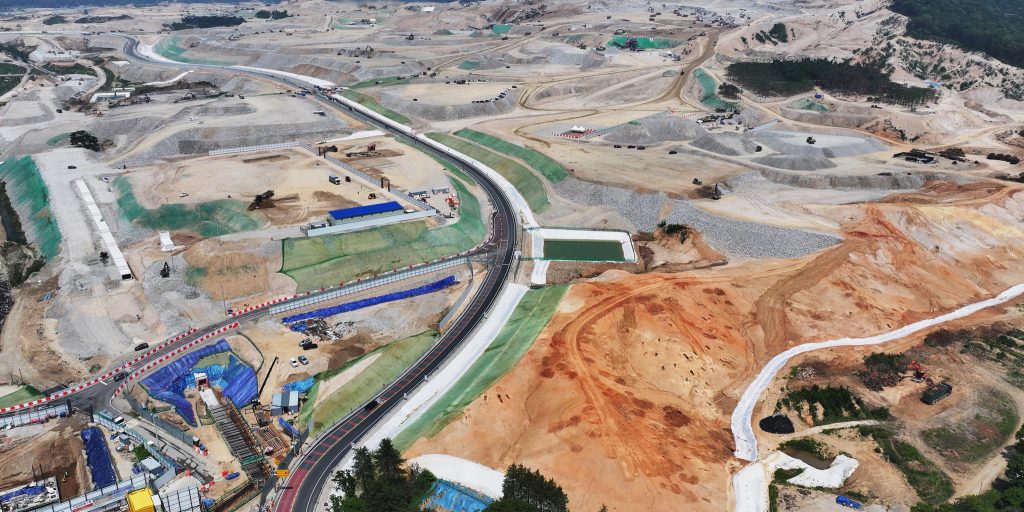The U.S. Trade Representative announced the launch of a probe under the Trade Act on Monday regarding China’s strategy to dominate the U.S. chip market.
Chinese-made products subject to the investigation are foundational semiconductors, or general-purpose legacy chips, used in the defense, automotive, aerospace, telecommunications and power generation sectors as well as in medical devices and electrical grids.
The chips do not require high technological standards but are essential components in everyday appliances such as washing machines as well as weaponry such as missiles.

“Evidence indicates that China seeks to dominate domestic and global markets in the semiconductor industry and undertakes extensive anticompetitive and nonmarket means, including setting and pursuing market share targets, to achieve indigenization and self-sufficiency,” the statement read.
“China’s acts, policies and practices appear to have and to threaten detrimental impacts on the United States and other economies, undermining the competitiveness of American industry and workers, critical U.S. supply chains, and U.S. economic security.”
The New York Times reported after the announcement that China has been on a mission to dominate key industries “from steel and ships to solar panels and electric vehicles — China has pumped money into building world-class manufacturing facilities, creating a surge of low-cost products that ultimately flood global markets.”
“American companies, along with firms in many other countries, finding themselves unable to compete, have shut down, leaving Chinese firms largely in control of the global market. U.S. officials have been worrying that the semiconductor industry could be next.”

China’s Ministry of Commerce has fired back, criticizing the move as “self-contradictory” as the United States also heavily subsidizes its semiconductor industry. The ministry warned that it would take all necessary measures to protect China’s interests, hinting at potential retaliation.
The investigation will be concluded by the incoming Donald Trump administration in January, which heightens the possibility that President-elect Trump’s campaign pledge to slap a 60 percent tariff on goods from China may come to materialize if any unfair practices are discovered.
However, the probe does not include memory chip manufacturers in China that have become rising competitors to Korean companies such as Samsung Electronics and SK hynix by stamping out cheaper products.
Despite being part of the so-called Chip 4 alliance along with the United States, Japan and Taiwan, Korea is evaluated to have failed to bring U.S. attention to impending market threats from low-cost Chinese memory chips, according to Gregory Allen, the director of the Wadhwani AI Center at the Center for Strategic and International Studies, in a recent interview with the JoongAng Ilbo, an affiliate of the Korea JoongAng Daily.
The chip war between the two nations continues to expand from advanced AI technologies to legacy chips, with offensives taking a range of forms, from export restrictions to tariffs.
Experts are calling for a strategic overhaul on the part of Korean chipmakers, which have relied heavily on China for production and sales.
“If high tariffs are imposed on Chinese semiconductors, products made in Korea’s chip plants in China will also face disadvantages,” said Prof. Kwon Seok-joon at the School of Chemical Engineering at Sungkyunkwan University, emphasizing the need to secure a domestic supply chain.
“Korea’s chip production still is largely dependent on foreign materials, components and equipment. To mitigate this, we need to attract not only domestic companies but also foreign part suppliers to establish their production bases in the semiconductor cluster in Yongin, Gyeonggi.”
BY SHIM SEO-HYUN,LEE JAE-LIM [lee.jaelim@joongang.co.kr]





